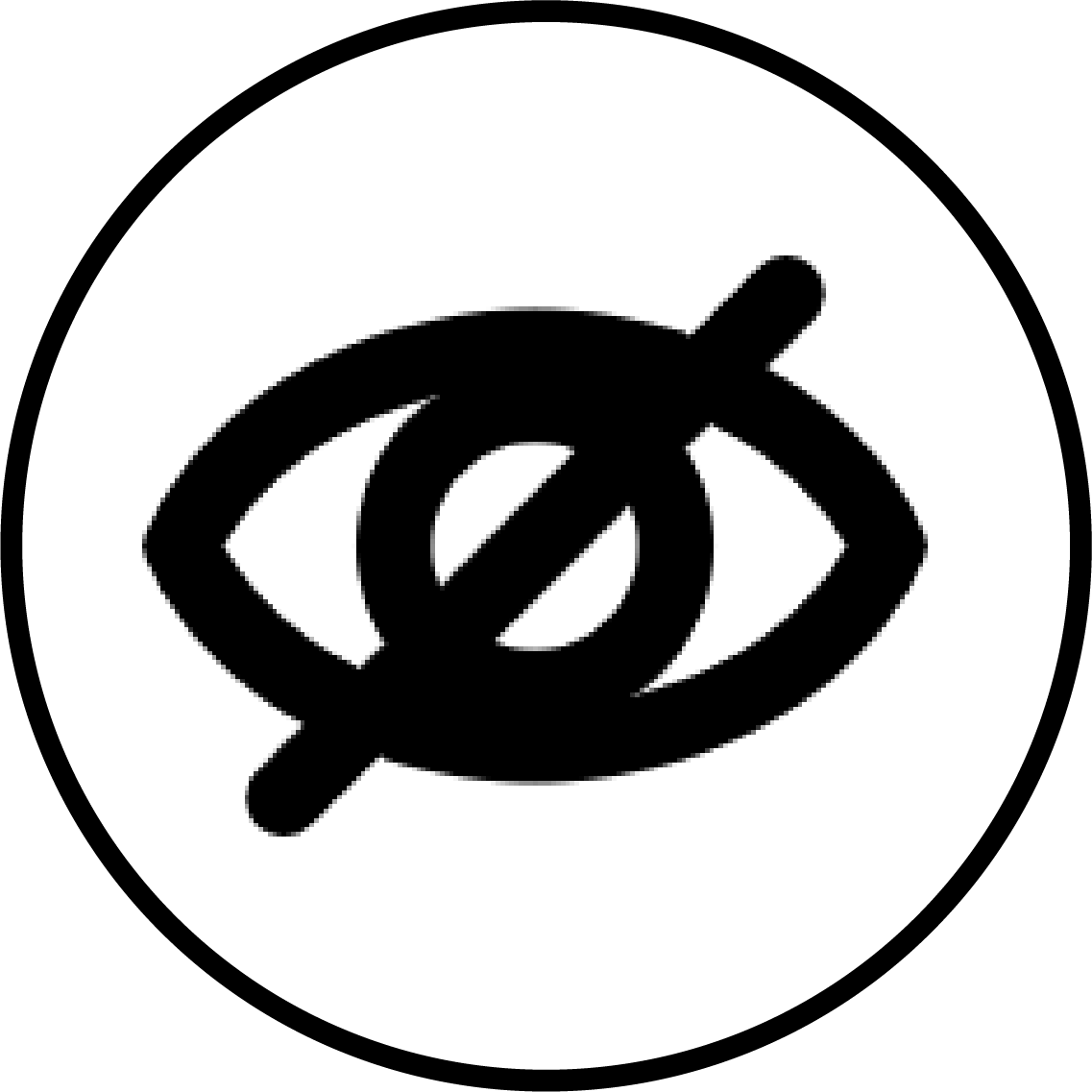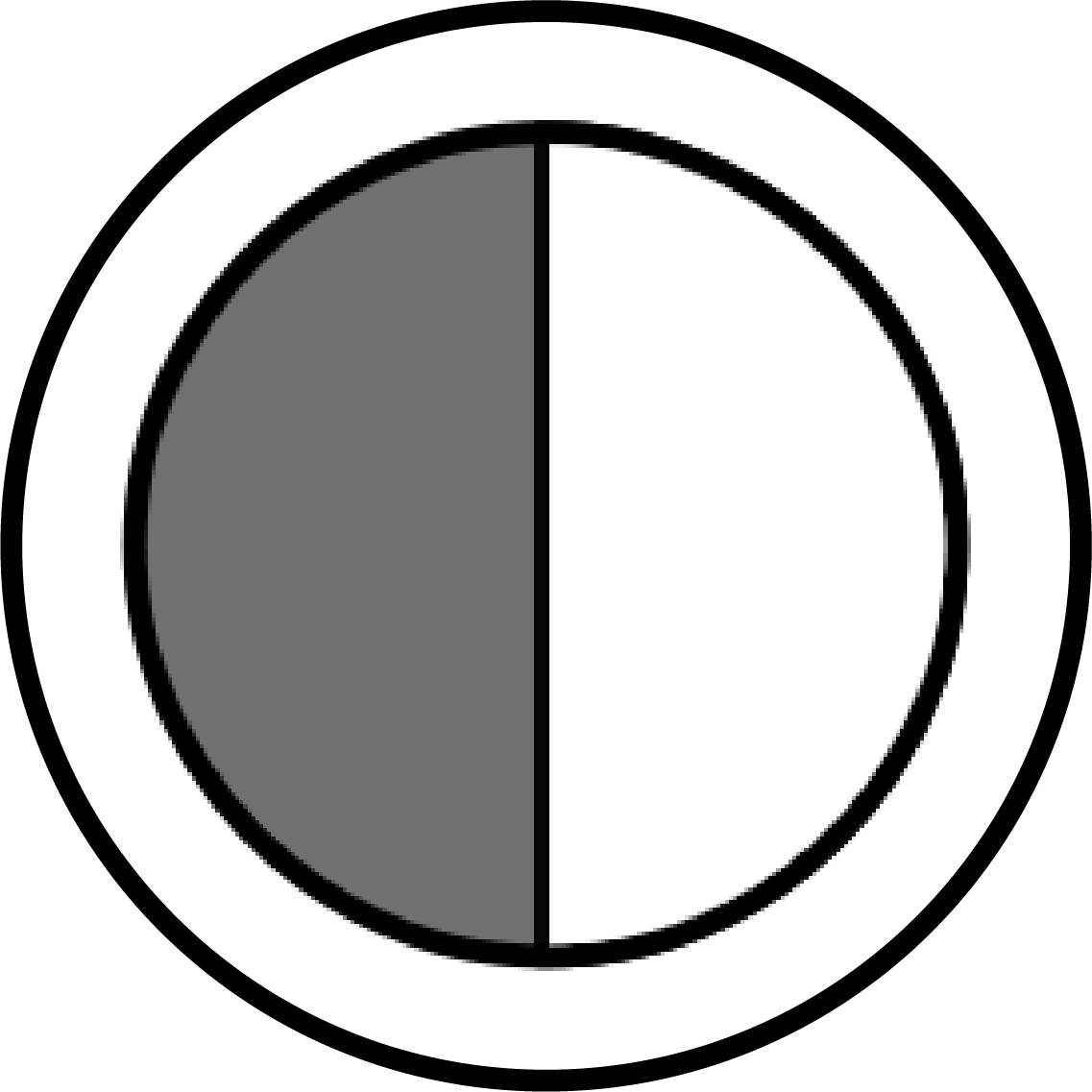
Advancing its relationship with political leadership in the Arab Palestinian community in Israel, the Socialists and Democrats Group has invited the Arab Movement for Change to participate in a special conference on Palestinian Arab citizens in Israel in the European Parliament. The S&D Group, the second largest group in the EP, also requested the participation of the Mossawa Center in the conference and meetings. Co-hosted by the Greens-EFA and the GUE-NGL political groups, the conference will take place on Wednesday, May 10.
The leader of the Arab Movement for Change, MK Dr. Ahmad Tibi, joined by MK Adv. Osama Saadi, will both take part in the conference, as well as in private meetings with various European Parliament members and with senior officers in the European Commission and in the Belgian government.
A deputy in the Knesset, MK Tibi serves as the spokesperson for his party which is part of the Joint List, the third largest political group in the Knesset. While Dr. Tibi welcomes the S&D Group’s decision to upgrade its relationship with Arab political leadership in Israel, he also expressed his party’s hopes “that other groups will take the same steps and institutionalize their relationships with the Arab community’s leadership and institutions,” especially after taking part in this week’s briefings regarding the status and challenges of Arab citizens in Israel.
The Mossawa Center has worked to establish sustainable cooperation with EU institutions for over ten years. The first conference on the Arab community in Israel took place in 2005 in cooperation with individual European Parliament members. Jafar Farah, the director of the Mossawa Center stated, "We are happy that one of the leading political groups in Europe took steps to formally collaborate with an Arab political group. We as a civil society organization will do our best to promote and deepen the cooperation between the EU institutions and the Arab community’s political, economic, academic, cultural, civil and media institutions.”
The week’s program will largely focus on the discrimination faced by Arab citizens in Israel. Although Arab citizens make up nearly twenty percent of the population, the Israeli government only allocates about 6% of the development budget to programs that service the Arab community. Similarly, in 2016 the Ministry of Culture announced a budget which allocated 6% to Arab culture, an increase from years past. Meanwhile, Arab children, proportionally, receive NIS 1.4 billion less than their Jewish counterparts each year. As a result, only 59.5% of students who attend Arab schools are eligible for matriculation certificates, in contrast to 75.1% in the Jewish sector. The results of such policies include high unemployment and poverty. As of 2015, 65.6% of Arab families with children were impoverished. Despite OECD recommendations to decrease inequality, the government has not developed any new plans to build industrial zones in Arab areas or made any other substantial attempts to close the gaps in its society.
Stirring the most controversy in recent months are the state’s policies on building and planning in the Arab sector. Between 2013 and 2015, at least 2,752 structures in the Naqab (Negev) alone were destroyed because they lacked building permits. Deliberate state policies that deny Arab localities adequate building and planning solutions leave many in the Arab sector no choice but to construct “illegally.” In total, over fifty thousand houses have been built without permits due to the state’s refusal to approve comprehensive city plans in Arab localities. Rather than pursue policies to decrease the amount of illegal construction, the state continues to pursue a policy that retroactively punishes Arab citizens for crimes they have no choice but to commit. With the recent passage of the Kaminitz bill, the Arab community expects to see a sharp increase in home demolitions, heavy fines, and arrests for unauthorized construction.
Meanwhile, Arab citizens face a general climate of hostility, especially from increasingly conservative state officials who treat them not as equal citizens, but as a demographic threat or a fifth column.
The Mossawa Center calls on the EU to act to prevent the state of Israel’s continuous discrimination against its Arab citizens and its violation of their rights as individuals and as a national minority.
For more information on this week’s program, please contact the Mossawa Center at project.mossawa@gmail.com.

























